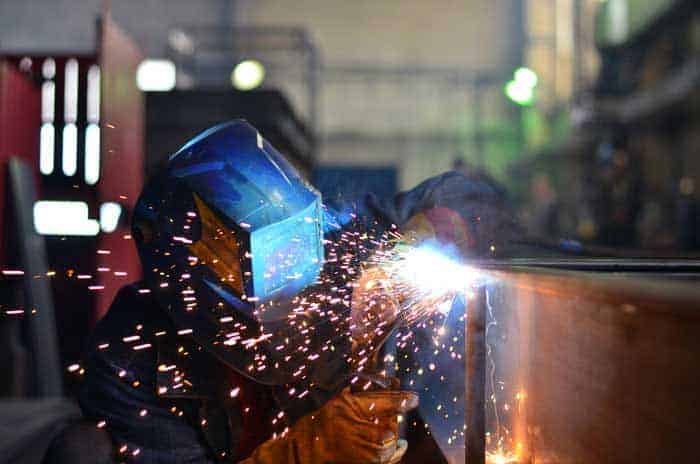Independent contractors are, by definition, independent from the companies that employ them. In a way, an independent contractor is a business owner him or herself, so many companies do not feel the need to provide insurance or overtime pay for these individuals. Denver disability attorneys and Denver disability lawyers often run across a misclassified Independent contractor fulfilling the role of a full-time employee in a company. Often, these individuals are mistreated or not given their fair due as a result of being called an independent contractor. Luckily, there are certain guidelines that must be met in order for an individual to be officially classified as an independent contractor. Additionally, many workers so classified are actually employees who are entitled to benefits when they choose to work somewhere or leave that same company. Unluckily, Denver disability attorneys often have to step in to fight for workers’ ability to receive benefits to which they are entitled.
March of 2015 was one of the biggest months for cases that involved independent contractors being misclassified in the courts. Generally, independent contractors seem to be happy with their employment, possibly because choosing one’s work gives a worker a heightened sense of freedom and independence. The employment type gives the great satisfaction of being one’s own boss within boundaries. A government report released in May showed that 85% of independent contractors polled appeared content with their employment type and almost 60% were very satisfied with their jobs, a large amount more than individuals who were simply full-time workers, 45% of whom when polled said the same about their employment. More employers are beginning to see that independent contractors, for whatever reason, are valuable employees and as a result are being hired more.
Related: Independent Contractors and The Importance of Workers’ Advocates
However, as with any system, there exist people who seem intent on abusing the classification for their own benefit. Many class action lawyers are targeting companies that seem to be systematically misclassifying independent contractors. Companies from BMW through the NFL and Uber have been the target of attorneys fighting for workers’ rights. Companies that utilize the classification “independent contractor” must, then, be doubly careful that the label fits the job the worker performs. Luckily, there is a test that examines carefully whether workers that are not treated as employees in a given company would pass a test for status as an independent contractor. The test is more a series of questions based on different minor laws because independent contractors are judged based on state tests. Most state tests vary widely from each other and even some differ from the federal law. Larger companies, then, which operate in multiple states or nation-wide have a larger challenge to meet with compliance in terms of classification of independent contractors.
The question is extremely thorny. So much so that some companies offer a service that diagnoses potential risk for companies that claim to employ independent contractors. Suits can become extremely expensive, particularly for companies to believe they need to save money on full-time employees and all the costs associated (workers’ compensation insurance, for one).
Related: Workers’ Compensation: Who’s Covered & Who’s Not…
One case brought before the courts involved BMW, in particular the portion of the company that runs an electric car sharing/rental unit. The drivers of this section of BMW—called DriveNow—were misclassified as Independent Contractors. DriveNow is, for users, a phone app that allows people to locate available cars in a specific area and reserve the nearest vehicle. The drivers who worked for BMW had to locate cars dropped off by customers and drive them to the next customer, charge the batteries on cars that needed servicing, and drive the fully-charged cars where they were needed. The complaint came from California that drivers who worked for this company were actually employees who were called independent contractors. The suit further argues that DriveNow had more control over the drivers than a company would over an independent contractor, supplied all the materials necessary for the work, and fired the drivers at will. For now, the case is going to be heard in the courts, but these are some of the questions workers should ask themselves if they are technically considered independent contractors at their place of employment. Maybe workers who are called independent contractors are entitled to more benefits than they currently receive.
Workers’ Compensation can be difficult, confusing, and very complex. Kaplan Morrell has helped thousands of injured workers since 1997 get the benefits they deserve. Contact us here or call us at 303-780-7329 for your free consultation.
Source: http://www.lexology.com/library/detail.aspx?g=30f3b8c1-2511-4ea1-bbe0-5aaa764eb711


